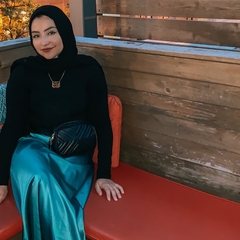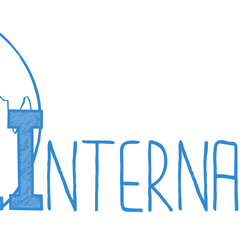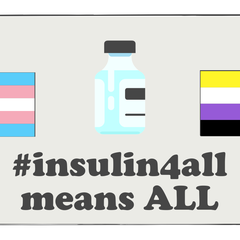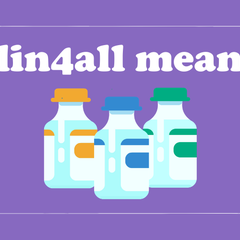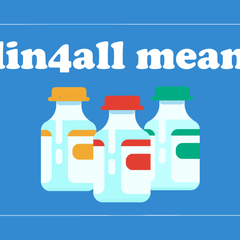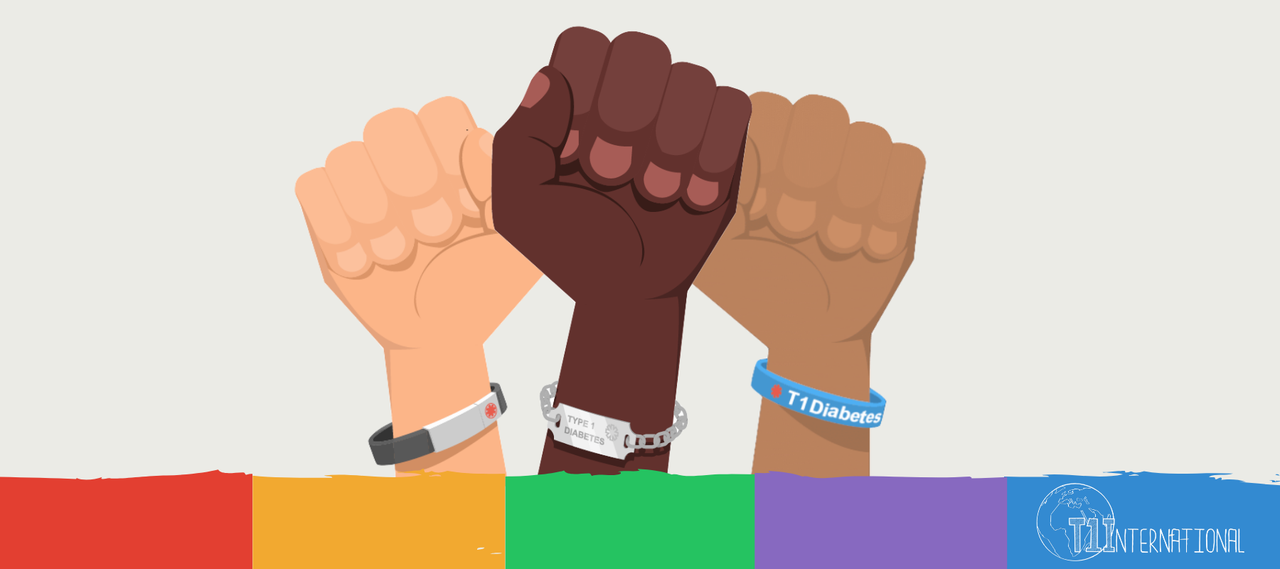
My Black Diabetic Life Matters
15 Jun 2020, 9:36 a.m. in #insulin4all USA, Global Stories by Anonymous
My diagnosis story is so similar to numerous other type 1’s, I almost never tell it. I had the weight loss, the extreme thirst, the irritability, and the constant hunger. Paired with abdomen pain that was similar to that of menstrual cramps, all of these things signaled ‘puberty’ to my 16 year old brain. I had been living with the discomfort for so long, it was no longer new to me.
I remember a handful of things about being admitted to the hospital and the time I spent there. The first is the hospital staff telling me if I had gone home and waited for the test results to come on Monday, I probably wouldn’t have made it through the weekend. The second is the amount my family needed to advocate for my care during my stay. From the office of my primary care physician to the hospital itself, my mother had to speak up in order for me to get the treatment I needed and in a timely manner. Though the initial night of the hospital is fuzzy, I remember my mother going back and forth with the ER technicians imploring that I needed to be put on an IV ASAP. She noted that I had lost significant color and all of the questioning could be done while I was hooked up. The back and forth seemed to go on for hours. When I left the hospital I remember wondering, “Why did my mom have to beg those people to do their job when I was visibly sick?” A few years later after I had dealt with numerous visits, checkups, and insurance calls, I became aware of the medical side of racism.
A quick Google search will take you to a few sites that define the term medical racism (i.e. racism and prejudice that carries over into the medical field) and even more articles about the instances occurring. What do Beyoncé, Serena Williams, and I all have in common? We all have experienced medical racism that could have easily cost us our lives - and so have numerous other Black people. It’s one of the things I don’t share with my white friends that I’ve made online who have type 1 diabetes.
Another occurrence I see fairly often with my non-white friends with diabetes is questioning over their diagnosis. My friends who look like me are familiar with the question, “You’re type one? Are you sure?” This is a question that my white friends are rarely ever asked. This is because type 2 diabetes is more prevalent in communities of color, but also because type 1 diabetes organizations and type 1 diabetes social media accounts often promote the image of the skinny white kid as the face of type 1 diabetes.
I recently made an Instagram account to help connect with others living with type 1 diabetes and to become a face of the community. Before I got involved, the biggest thing I noticed was the lack of Black representation on diabetes Instagram. There are a handful of them that I follow, and it’s great that they’re there - but I had to scour Instagram for them. So even, as they exist, they’re not getting nearly the same amount of attention or recognition as their white counterparts. And it’s easy to say, maybe their content isn’t as engaging (you’d be wrong, but let’s entertain the idea!) - you mean to tell me not a one of them is as popular as your local white type 1 blogger? I can search through the hashtag #t1dlookslikeme and not find a single Black person under the “popular” posts.
These are the things that contribute to both misdiagnoses in the doctor’s office and stigma outside of the doctor’s office. These are the things that need to change and the things that we can change that don’t involve getting a degree in medicine.
How can we change them? For starters, follow and highlight local Black and non-Black POC on social media. Listen to their stories, speak out and support them. Right now, I’m seeing a ton of white people with diabetes online who are complaining about people wanting them to speak up on the protests and police brutality occurring now. Some see their account as something that’s only for diabetes content. Hearing that is really disappointing, as I’ve pointed out to quite a few of them. Because I’m Black and diabetic every day.
I have to worry about police brutality in addition to blood sugars and health outcomes. So when they tell me they don’t think the two are related, or “diabetes content” it really shows me where their head is at. It is a privilege to solely be marginalized with your one disability. I have had to grapple with myself as a Black person about whether or not I am doing enough with signing petitions and donating, because I can’t be out protesting due to living with diabetes and COVID-19 still being prevalent. It is a privilege to not have to worry about diabetes and COVID-19 and a privilege to not have to worry about being racially discriminated against in a healthcare setting or any other setting.
To my Black diabetic friends - I am here online if you need an ear, or support, or help in any way. Please don’t feel like you’re alone. We are here, we are strong, and we aren’t going anywhere. For anyone looking to get educated right now, myself and lots of other Black social media users are posting helpful resources on how to donate and support even if you’re immunocompromised.
Don’t think that you as a white person or non-Black POC need to necessarily make a statement. There are tons of Black voices you should and can amplify in this time. We are similar in so many ways when it comes to this disease, but we are also different in so many as well. You have Black friends. You have friends with diabetes. Both see you when you don’t support them. They notice as you advocate for affordable insulin to save their lives, but don’t declare that their Black life matters. You need to know their lives are in danger in more ways than one. Support them through this like you would support them with any other diabetes related struggle.




